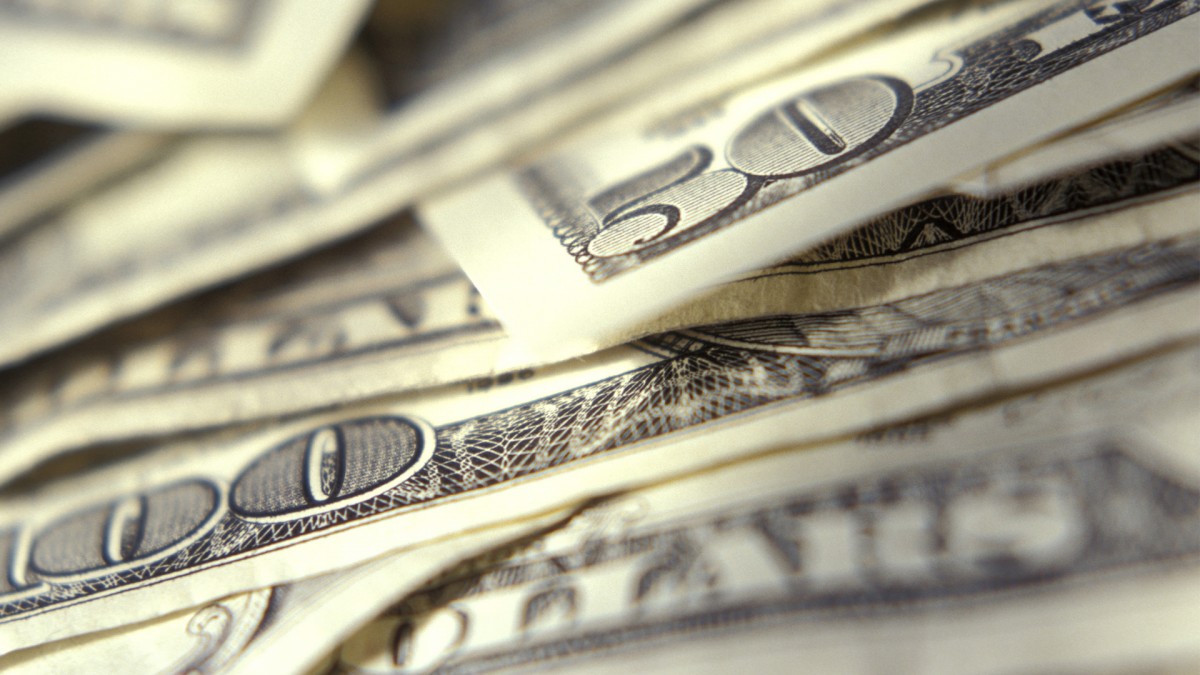The outlook for the property market in Essex remains positive, according to financial experts. The majority of advisors and solicitors in the property market feel positive about how the sector is performing, and the market itself is growing, with more people than this time last year thinking about investing in Essex property.
But while the outlook does remain bright, it also remains that Essex is one of the hardest places in the country to get on the property ladder. A combination of high house prices and limited availability of homes priced for the first time buyer market combines to make it tough for people to make their first purchase. One of the biggest challenges of getting a first mortgage is building up the deposit. How do you get enough money together to help secure the deal on your ideal Essex home?
How Much Do You Need for a Deposit?
The absolute minimum you need to raise is 5 percent of the value of the property. But this is only the minimum. If you only have 5 percent then you are not likely to get a favourable deal. If you want a good choice of mortgages you will need at least 10 percent, or up to 25 percent to get a very competitive deal.
Start Saving Now
Even if you think that you could never afford an Essex property right now, it still makes sense to start saving. According to a mortgage broker colchester, it is best when you set aside the money you can afford as soon as you start thinking about a deposit. It is getting tough to secure a favourable mortgage as a first time buyer and when you have a larger deposit you have a bigger chance of getting a decent deal.
Work out what you can afford to save each month and make sure you put this money aside. You can look at how to make small savings in your daily life like cutting down on takeaways or takeaway coffee, in order to balance your budget.
Save Your Money Wisely
You can often get the best rates of interest on a savings account when you leave your money in the bank. This can work well for when you want to pay in regularly for a short period of time. If you are saving for a longer period of time then you can pay into a cash ISA. There is a cap on what you can save in this account but it is tax free.
You can also invest in bonds, and look at the interest rates paid by regular current accounts. Interest rates are very low on savings accounts and sometimes current accounts can work out better. It is a good idea to shop around to see exactly where you can put your money that could make a difference to your overall savings.
